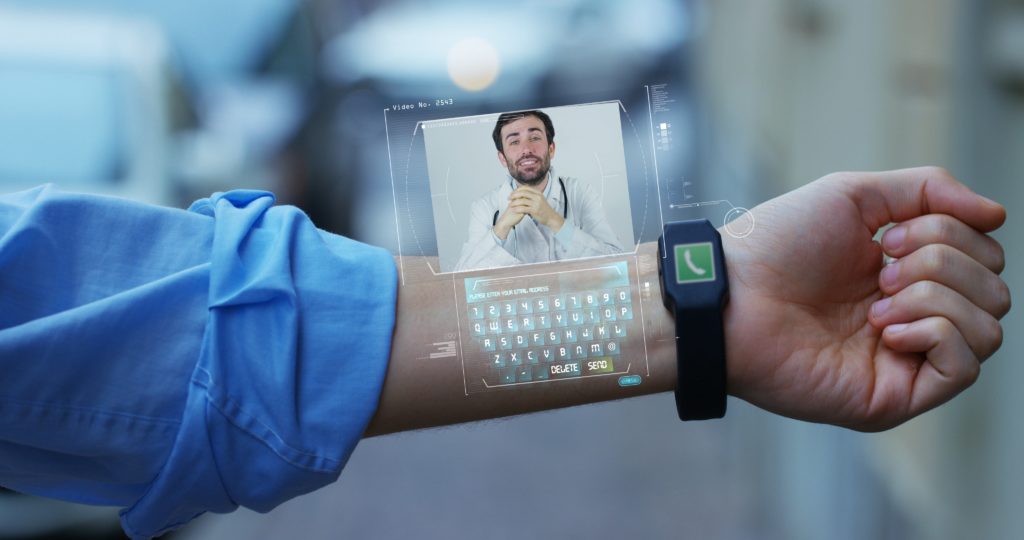

The Future of Augmented Reality: Revolutionizing the Way We Live and Work
Augmented reality (AR) has been gaining traction in recent years, and its potential to transform the way we live and work is vast. From enhancing daily experiences to revolutionizing industries, AR is poised to become an integral part of our lives. In this article, we’ll delve into the future of augmented reality, exploring its predicted developments, applications, and implications.
Predicted Developments
- Advancements in Hardware
The future of AR hinges on significant advancements in hardware. Next-generation AR devices will be more sophisticated, compact, and affordable. We can expect:
- Improved display technology: Higher resolutions, faster refresh rates, and better contrast ratios will enhance the AR experience.
- Advanced optics: Improved lenses, prisms, and waveguides will enable more precise and natural AR interactions.
- Increased processing power: Faster processors and specialized AR chips will handle complex AR tasks more efficiently.
- Cloud-Based AR
Cloud-based AR will enable more complex and data-intensive AR experiences. This will be achieved through:
- Cloud rendering: Remote servers will render AR graphics, reducing the strain on local devices.
- Data streaming: Cloud-based data storage and streaming will enable access to vast amounts of information and content.
- Artificial Intelligence and Machine Learning
AI and ML will play a crucial role in enhancing AR experiences by:
- Object recognition: AI-powered object recognition will improve AR interactions, enabling more accurate and context-aware experiences.
- Personalization: ML algorithms will learn user preferences and tailor AR experiences to individual needs.
Applications
- Education and Training
AR will transform the education sector by:
- Interactive learning: Immersive AR experiences will make complex concepts more engaging and accessible.
- Virtual labs: Students will conduct experiments and simulations in safe, virtual environments.
- Healthcare
AR will revolutionize healthcare by:
- Virtual consultations: Patients will consult with doctors remotely, reducing costs and improving accessibility.
- Surgical training: AR will enhance surgical skills, reducing errors and improving patient outcomes.
- Retail and Marketing
AR will change the retail landscape by:
- Virtual try-on: Customers will try products virtually, reducing returns and enhancing the shopping experience.
- Interactive product demos: AR will provide immersive product demonstrations, increasing sales and engagement.
- Gaming and Entertainment
AR will blur the lines between reality and fantasy by:
- Immersive gaming: AR will create new gaming genres, merging physical and virtual worlds.
- Interactive storytelling: AR will enable new forms of interactive, immersive storytelling.
Implications
- Workforce Transformation
AR will redefine job roles and industries, creating new opportunities and challenges. Professionals will need to adapt to:
- AR-based skills: Workers will require training in AR development, deployment, and maintenance.
- Job displacement: Automation and AI may displace certain jobs, requiring workers to retrain and upskill.
- Social and Cultural Impact
AR will influence social dynamics and cultural norms, raising questions about:
- Privacy and security: As AR becomes more prevalent, concerns about data privacy and security will grow.
- Social etiquette: New norms will emerge around AR usage in public spaces, affecting social interactions and etiquette.
Challenges and Limitations
While AR holds immense potential, it also faces significant challenges and limitations, including:
- Cost and accessibility: High-quality AR devices and experiences may be inaccessible to many.
- Technical hurdles: AR development is resource-intensive, requiring significant investments in hardware, software, and infrastructure.
- Standards and regulations: The lack of standardized guidelines and regulations may hinder AR adoption and growth.
Conclusion
The future of augmented reality is promising, with advancements in hardware, cloud-based AR, and AI-driven experiences. As AR continues to evolve, it will transform industries, revolutionize daily life, and raise important questions about ethics, privacy, and social norms. While challenges and limitations exist, the potential benefits of AR make it an exciting and important area of innovation, with vast implications for humanity.
Sources
- "Augmented Reality: The Future of Work and Play" by Forbes
- "The Future of Augmented Reality" by Harvard Business Review
- "Augmented Reality: A New Era of Experience" by Deloitte Insights




